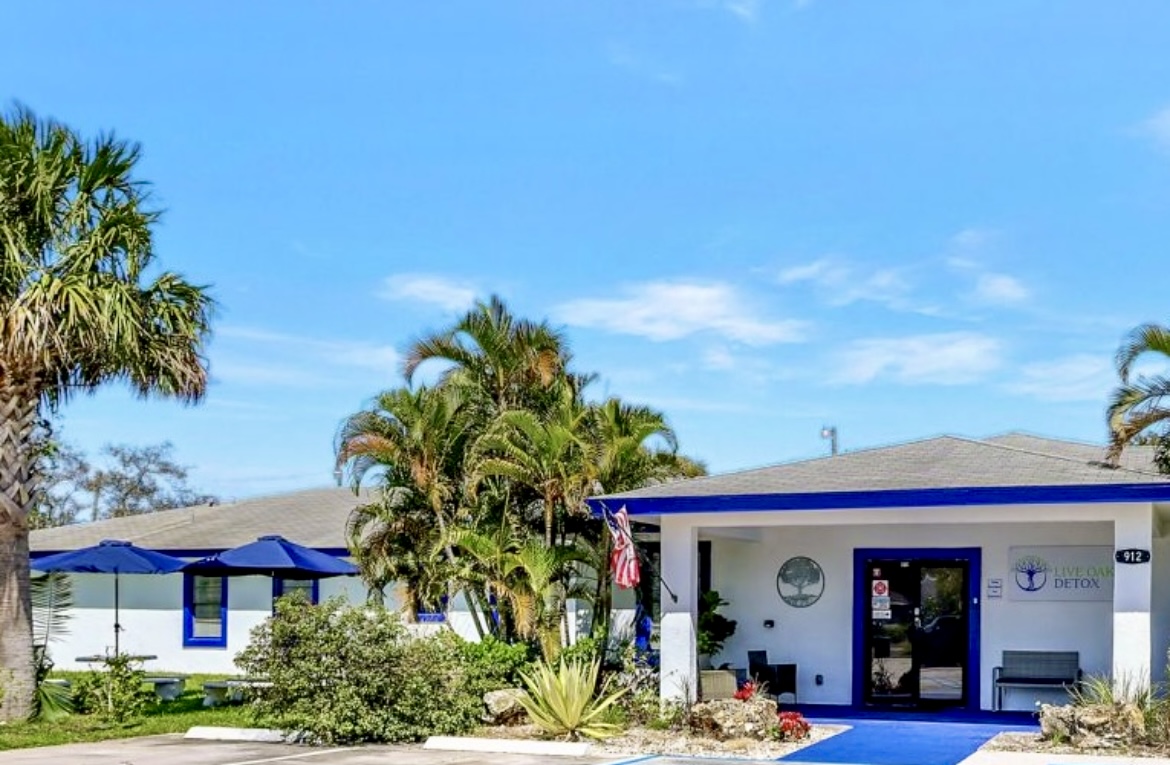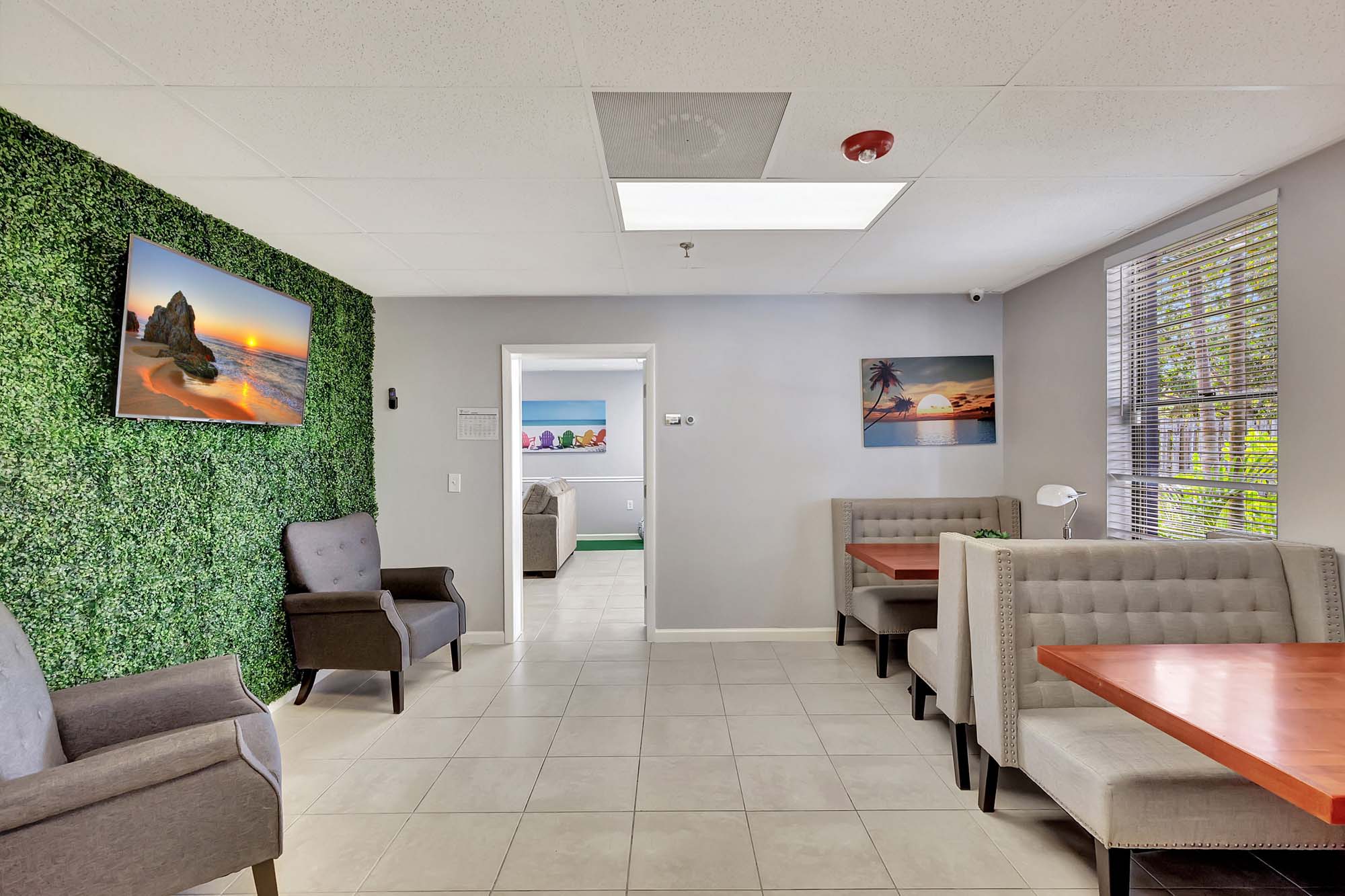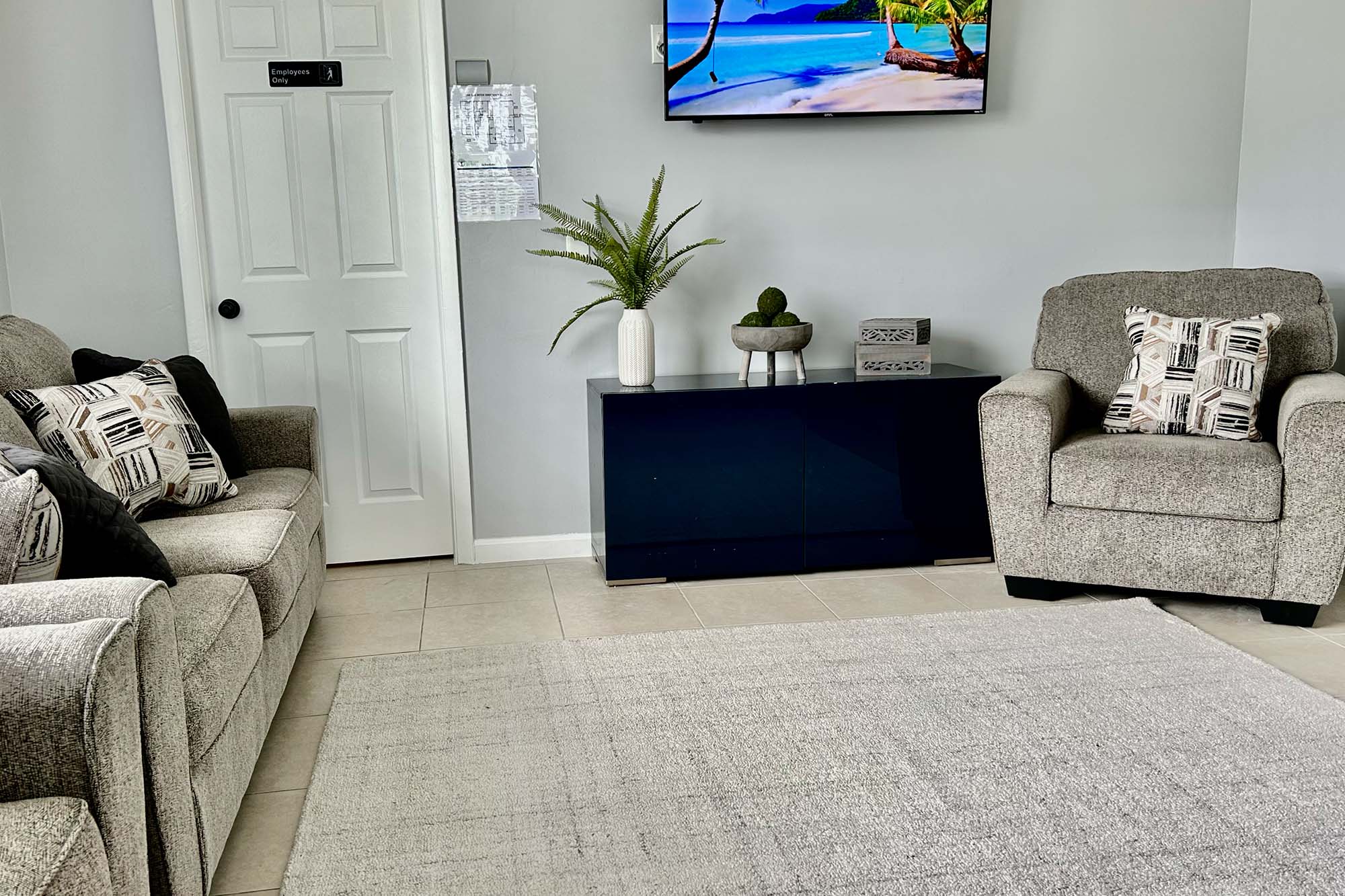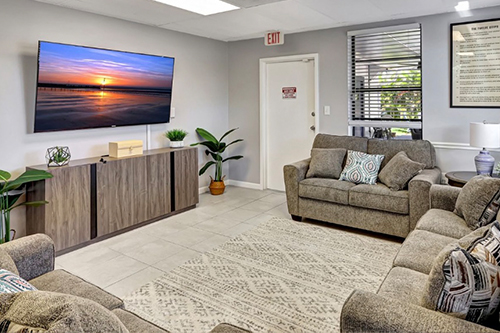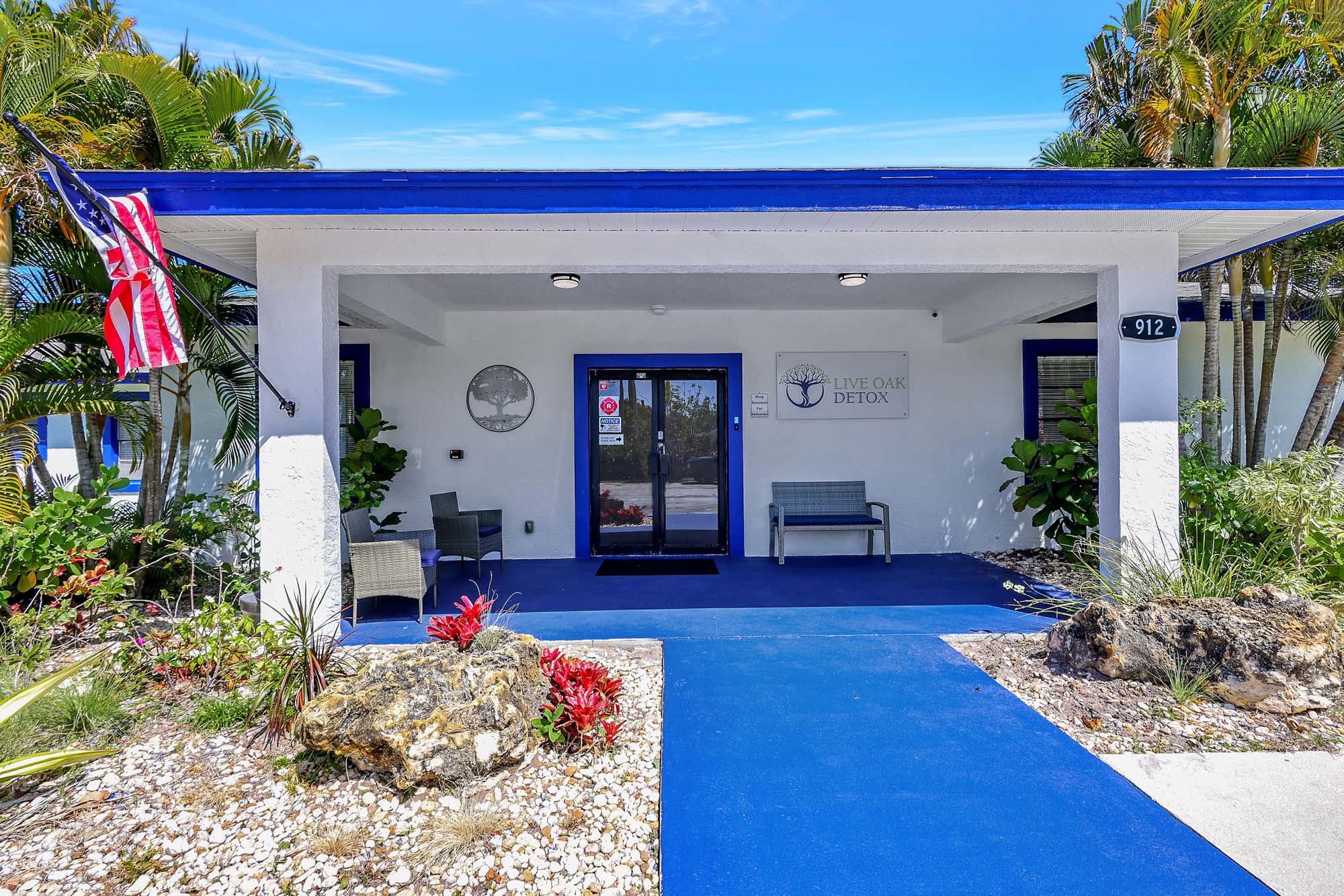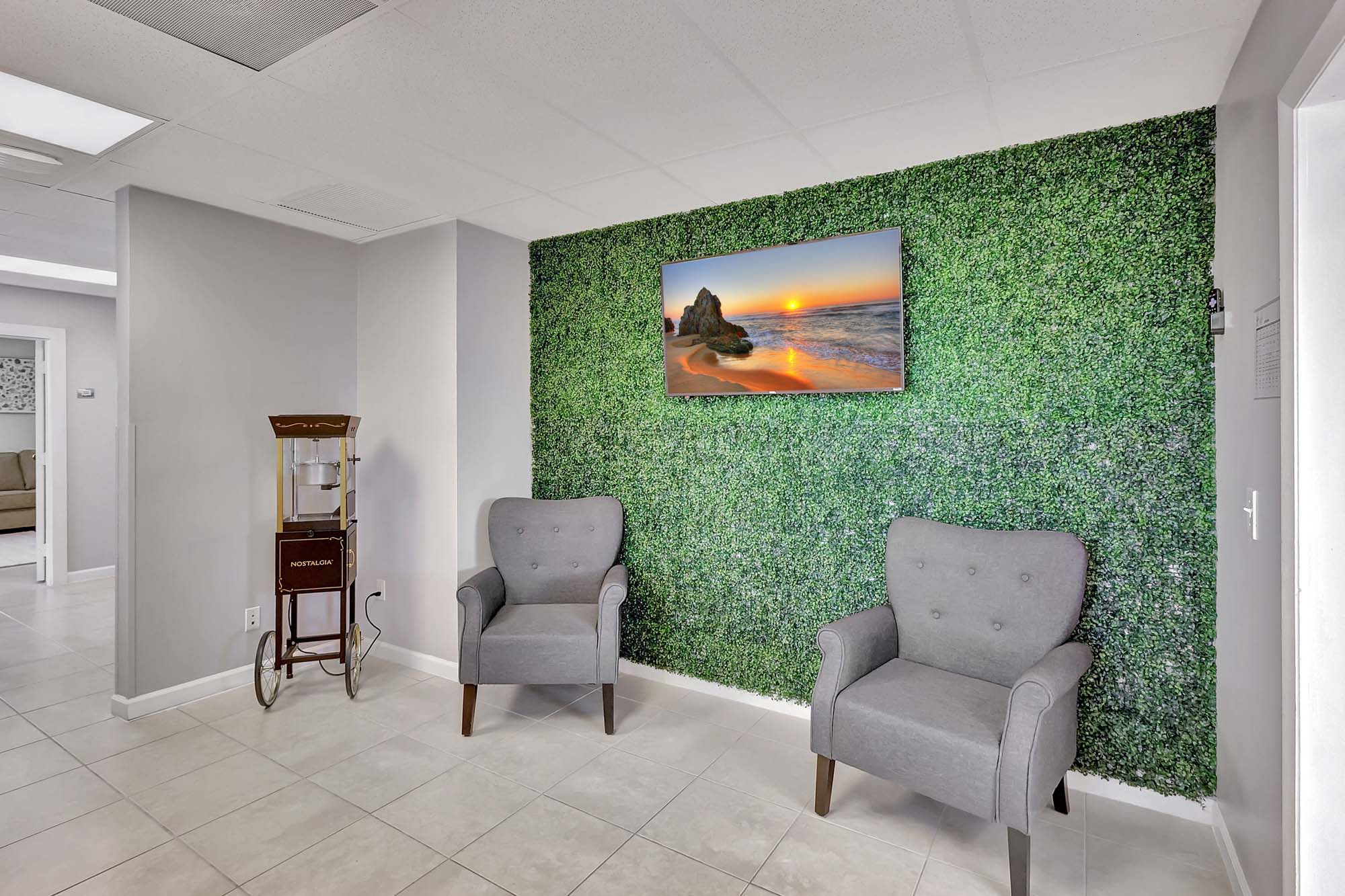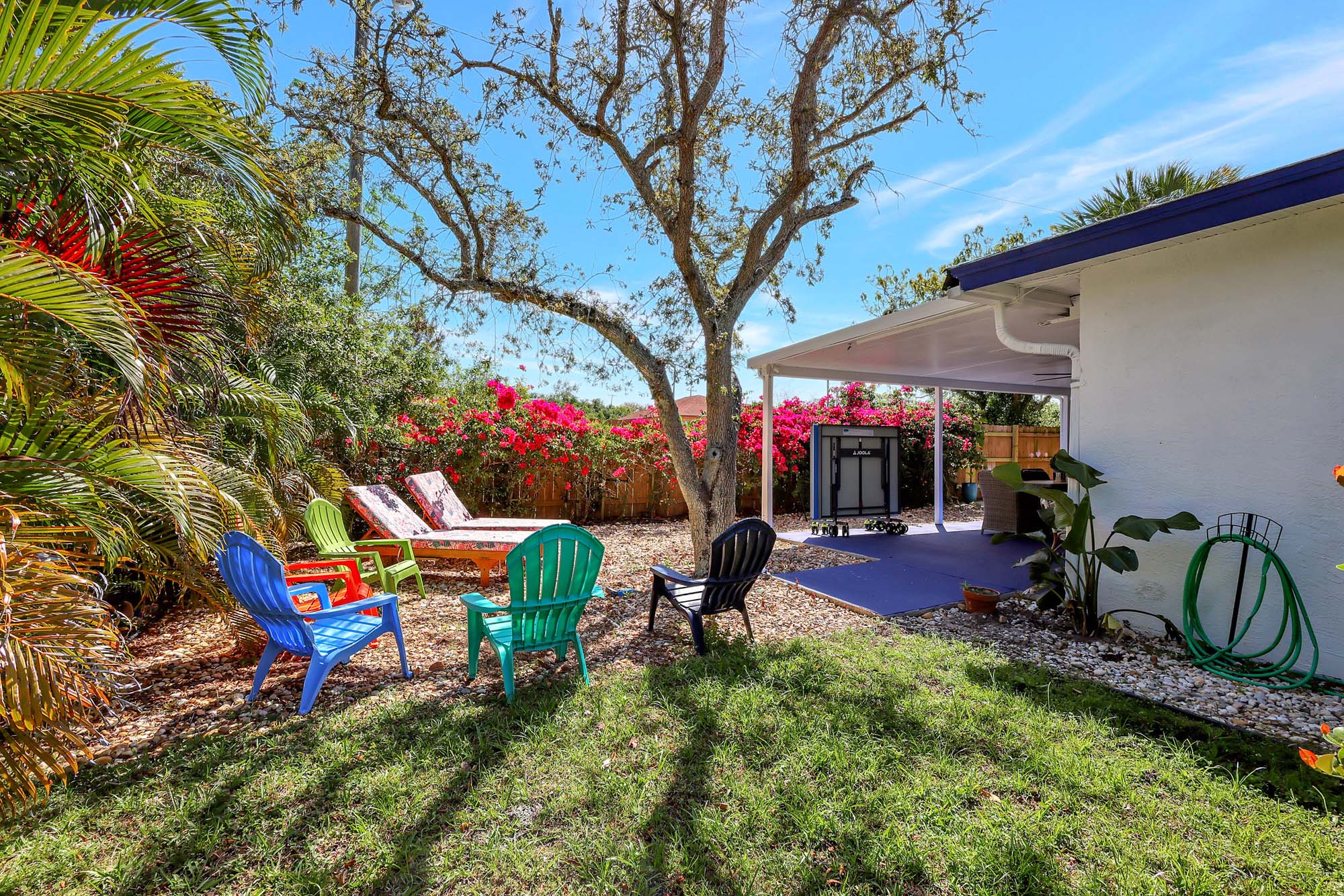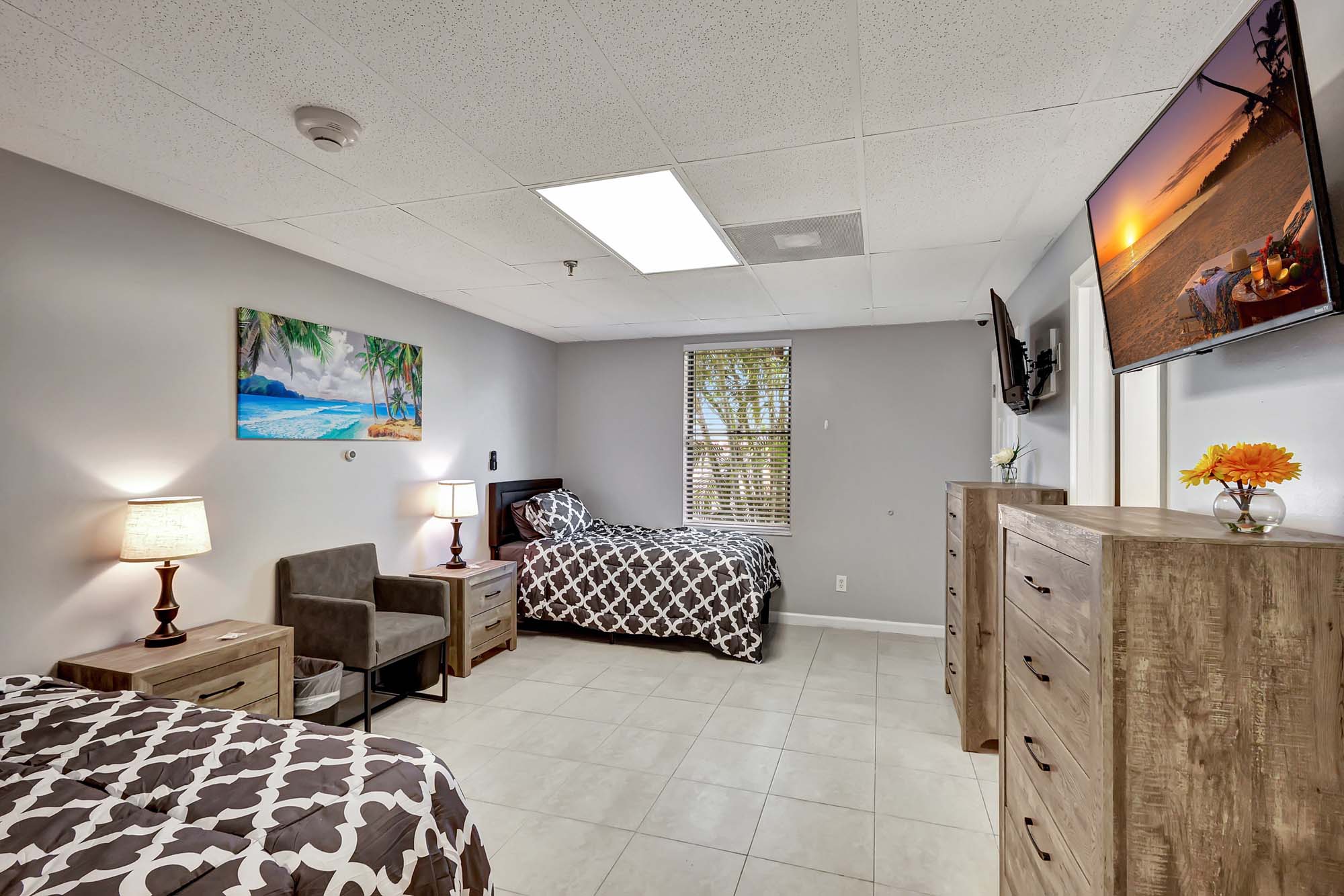Opiate Addiction Treatment Program
Comprehensive Opiate Addiction Treatment for Lasting Recovery
What is Opiate Addiction?
Opiate addiction, also known as opioid addiction, refers to a condition in which an individual becomes physically and/or psychologically dependent on opioids, which are a class of drugs used to relieve pain. Opiates include prescription medications like oxycodone, hydrocodone, codeine, and morphine, as well as illegal drugs like heroin. At Live Oak Detox , we are here to help you thrive in recovery. Our evidence-based program is designed to help you heal your body and mind.
Prolonged use or misuse of opioids can lead to addiction. Opiate addiction is characterized by cravings, an inability to control or stop opioid use, and the development of tolerance, where larger doses are needed to achieve the desired effects. To learn more about our Opiate Addiction Treatment Program or more about our Addiction Treatment Programs, call Live Oak Detox today at (877) 716-4464.
Common Signs and Symptoms of Opiate Addiction Include:
Compulsive Drug-Seeking Behavior
Loss of Control
Withdrawal Symptoms
Tolerance
Neglecting Personal Responsibilities
Social Withdrawal
What Our Opiate Addiction Treatment Specialists Can Do for You
Treatment for opiate addiction typically involves a combination of approaches, including medical interventions, counseling, and support.
Here are some common treatment options for opiate addiction:
Medication-Assisted Treatment (MAT)
Counseling and Behavioral Therapies
Support Groups
Residential or Inpatient Treatment
Detoxification Programs
Holistic Approaches
It is essential for individuals struggling with opiate addiction to seek professional help from addiction specialists such as ours at Live Oak Detox, our healthcare providers, and treatment programs are specifically designed to ensure that those suffering from addiction receive the best outcomes from their treatment.
Aftercare Protects Early Sobriety
To give our clients the best opportunity for success we know that a strong aftercare plan is a necessity. The specific components and duration of aftercare can vary depending on the individual’s unique needs, the intensity of their addiction, and the available resources. It’s crucial for individuals to actively engage in aftercare programs and to maintain an ongoing support system to enhance their chances of long-term recovery and minimize the risk of relapse. This can be resources regarding things such as; continuing therapy, support groups, sober living, continued medical/psychiatric support, and vocational assistance.
Seek Treatment Today
Opiate addiction is a serious condition that requires professional help and intervention. If you or someone you know is struggling with opiate addiction, it is important they seek medical assistance and reach out to healthcare professionals like ours at Live Oak Detox. Our team of Addiction specialists are here to support you and your loved ones and offer treatment options. Learn more about our opiate addiction treatment programs today by calling (877) 716-4464.
Frequently Asked Questions
What is the Opiate Addiction Treatment Program at Live Oak Detox?
This program is designed for individuals struggling with dependency on opiates (such as prescription opioids and heroin). It includes medical stabilization, detoxification if needed, personalized therapy (individual & group), relapse-prevention planning, and support for co-occurring mental health conditions.
Why is professional treatment necessary for opiate addiction?
Opiate addiction often involves strong physical dependence, withdrawal symptoms (like nausea, muscle aches, anxiety), and high risk of relapse or overdose. Professional care helps provide safe detoxification and the therapeutic tools needed for long-term recovery.
What types of therapies and supports are offered in this program?
The program offers evidence-based therapies including Cognitive-Behavioral Therapy (CBT), Motivational Interviewing, group and family therapy, medication-assisted treatment (MAT) when appropriate, and a structured aftercare plan for ongoing support.
Where can I access opiate addiction treatment near Fort Pierce, Florida?
Live Oak Detox is located in Fort Pierce, FL (912 Ave I) and serves clients from surrounding communities including Port St. Lucie, Vero Beach, Stuart, Palm City, and other parts of the Treasure Coast — making expert opiate addiction treatment accessible locally.
Alcohol Detox and Rehab Program
Drug Detox & Rehab Program
Admissions
Our Facility in South Florida
Our Location
Live Oak Detox
South Florida
Live Oak Detox is an inpatient substance abuse Detox and residential rehabilitation center
We provide state of the art medical and clinical interventions to bring you the best possible care available today. Call us to find out more.
